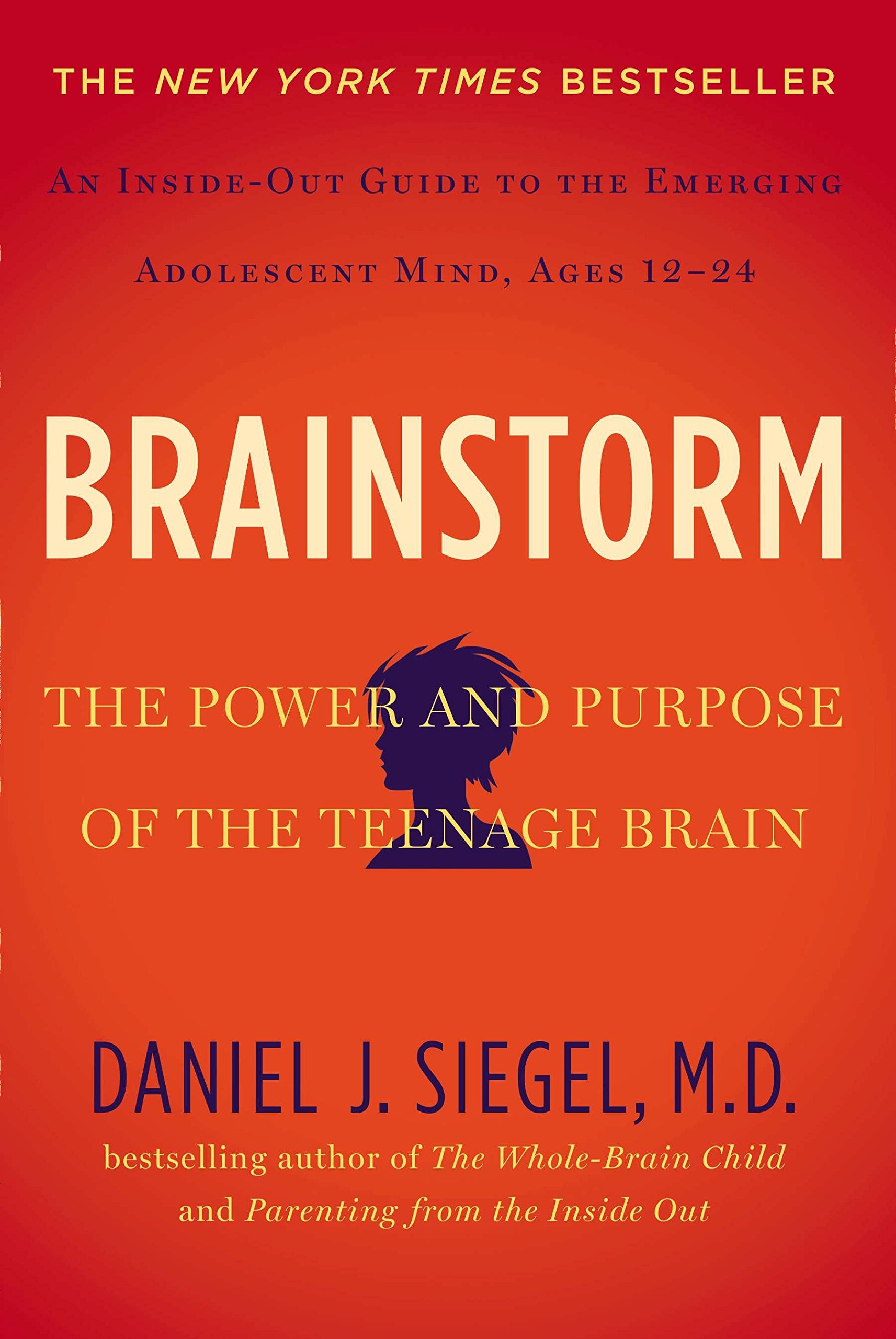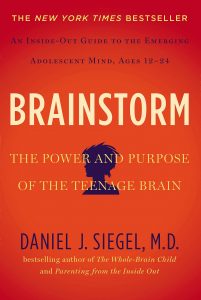How to Talk to Kids About Gender
 Discussing gender can help kids feel more confident in themselves and supported by their parents and caregivers, says Dr. Christy Olezeski, director of Yale’s pediatric gender program, which helps people ages three to 25 who are grappling with questions about their gender. Read more ›
Discussing gender can help kids feel more confident in themselves and supported by their parents and caregivers, says Dr. Christy Olezeski, director of Yale’s pediatric gender program, which helps people ages three to 25 who are grappling with questions about their gender. Read more ›


 When is the right time to talk to children about gender identity and gender expression? Children internalize messages about gender from a very young age, so it’s never too early to start.
When is the right time to talk to children about gender identity and gender expression? Children internalize messages about gender from a very young age, so it’s never too early to start.
 Between the ages of 12 and 24, the brain changes in important, and oftentimes maddening, ways. It’s no wonder that many parents approach their child’s adolescence with fear and trepidation.
Between the ages of 12 and 24, the brain changes in important, and oftentimes maddening, ways. It’s no wonder that many parents approach their child’s adolescence with fear and trepidation. 
 Perhaps you’ve heard that adolescent behavior is governed by “raging hormones,” or that adolescents are impulsive because they are “immature.” Neither of those are accurate. What is actually on is the remodeling in the brain. In this engaging 4-minute video, clinical professor of psychiatry at the UCLA School of Medicine Dan Siegel, M.D., dispels myths about the adolescent brain.
Perhaps you’ve heard that adolescent behavior is governed by “raging hormones,” or that adolescents are impulsive because they are “immature.” Neither of those are accurate. What is actually on is the remodeling in the brain. In this engaging 4-minute video, clinical professor of psychiatry at the UCLA School of Medicine Dan Siegel, M.D., dispels myths about the adolescent brain. 
 Did you know that big and important changes are happening in the brain during adolescence? Here are 7 things to know about the teen brain.
Did you know that big and important changes are happening in the brain during adolescence? Here are 7 things to know about the teen brain. 
 Teens. OMG. What on earth is going on inside their brains to make them act so, well, like crazy teenagers?
Teens. OMG. What on earth is going on inside their brains to make them act so, well, like crazy teenagers?
 Many parents do not understand why their teenagers occasionally behave in an impulsive, irrational, or dangerous way. At times, it seems like teens don’t think things through or fully consider the consequences of their actions. Adolescents differ from adults in the way they behave, solve problems, and make decisions.
Many parents do not understand why their teenagers occasionally behave in an impulsive, irrational, or dangerous way. At times, it seems like teens don’t think things through or fully consider the consequences of their actions. Adolescents differ from adults in the way they behave, solve problems, and make decisions. 
 Data shows that calls to the helpline for the
Data shows that calls to the helpline for the 
 Using food as a reward or as a punishment can undermine the healthy eating habits that you’re trying to teach your children. Giving sweets, chips, or soda as a reward often leads to children overeating foods that are high in sugar, fat, and empty calories. Worse, it interferes with kids’ natural ability to regulate their eating. It also encourages them to eat when they’re not hungry to reward themselves.
Using food as a reward or as a punishment can undermine the healthy eating habits that you’re trying to teach your children. Giving sweets, chips, or soda as a reward often leads to children overeating foods that are high in sugar, fat, and empty calories. Worse, it interferes with kids’ natural ability to regulate their eating. It also encourages them to eat when they’re not hungry to reward themselves.
 Hear what child development experts have to say about what parents, teachers and other caregivers can do to help prepare and protect kids from all the scary news out there, whether it’s fighting overseas, a school shooting, devastating wildfire or a global pandemic.
Hear what child development experts have to say about what parents, teachers and other caregivers can do to help prepare and protect kids from all the scary news out there, whether it’s fighting overseas, a school shooting, devastating wildfire or a global pandemic. 

